We're loading the full news article for you. This includes the article content, images, author information, and related articles.
Kenyans gathered in Kitui County on Monday, October 20, 2025, for national Mashujaa Day celebrations, marked by tributes to national heroes and a focus on national unity following the recent passing of veteran politician Raila Odinga.
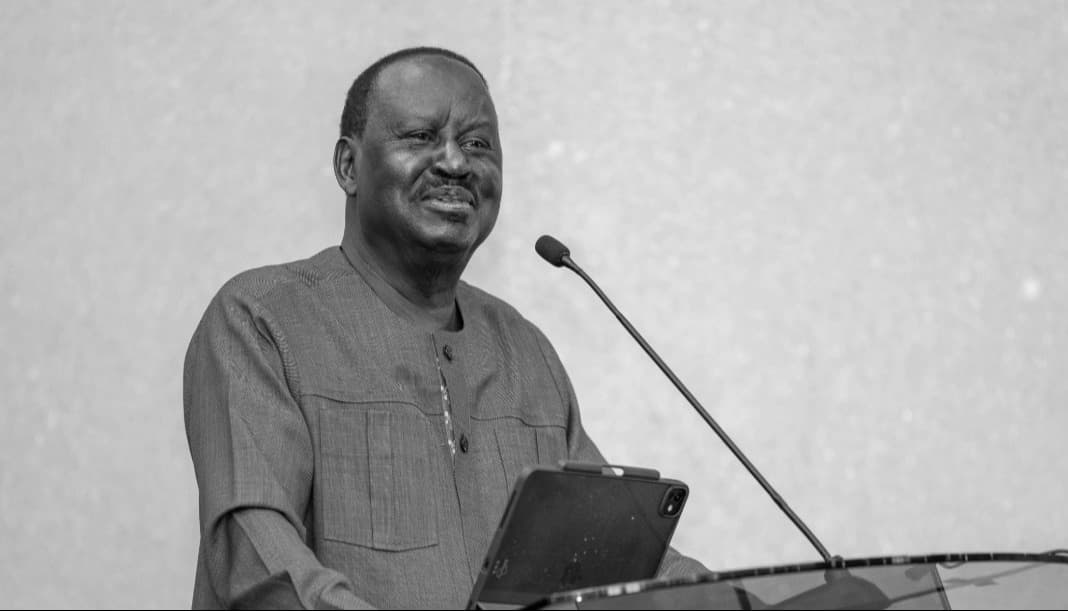
Thousands of Kenyans converged at Ithookwe Stadium in Kitui County on Monday, October 20, 2025, to commemorate Mashujaa Day, a national holiday honouring the country's heroes and heroines. The celebrations, led by President William Ruto, featured patriotic songs, traditional dances, and military parades, underscoring Kenya's unity and resilience.
Senegalese President Bassirou Diomaye Faye was the chief guest at this year's event, marking his first official visit to Kenya since assuming office in 2024. President Faye arrived in Kenya on Saturday, October 18, 2025, and was received by Deputy President Kithure Kindiki at the stadium. His visit aimed to deepen bilateral ties between Kenya and Senegal, focusing on areas such as trade, energy, innovation, and youth empowerment.
A significant part of the celebrations included posthumous tributes to former Prime Minister Raila Odinga, who passed away on October 15, 2025, and was laid to rest on Sunday, October 19, 2025. President William Ruto posthumously awarded Odinga the Chief of the Order of the Golden Heart (C.G.H.), Kenya's highest civilian honour, acknowledging his immense contributions to the country's democracy and development. Deputy President Kithure Kindiki noted the significance of Mashujaa Day falling just a day after Odinga's burial, highlighting the former Prime Minister's role in expanding Kenya's political rights and freedom.
During his address, President Faye eulogised Odinga, conveying condolences to his family and the nation. He praised Kenya's struggle for independence and urged African nations to honour their heroes by building monuments, establishing research centres, and incorporating African history into school curricula.
The passing of Raila Odinga has brought the question of succession within the Orange Democratic Movement (ODM) to the forefront. For over two decades, Odinga was synonymous with the party, shaping its identity as a leading opposition force and a champion of democratic reforms. His death leaves a significant void and raises questions about the party's cohesion and future political relevance, particularly as Kenya approaches the 2027 general elections.
At Odinga's funeral service on Saturday, October 19, 2025, his daughters, Rosemary and Ruth Odinga, emphasised the importance of unity within ODM. Rosemary Odinga described her father as a visionary leader who instilled in his family and the nation a duty to unite and work for the good of Africa. She urged Kenyans to honour his memory through personal and national renewal.
Ruth Odinga, visibly emotional, cautioned against internal jostling for party control, stressing that ODM's ability to advance Odinga's legacy hinges on its unity. She reiterated Odinga's wish for a united ODM, a conversation they had just a day before his demise.
Siaya Senator Oburu Oginga, Odinga's elder brother, has been appointed as the acting party leader. While seen as a stabilising figure, his tenure is widely considered temporary, bridging the gap to a more permanent leadership structure. Other potential successors include former Mombasa Governor Hassan Joho, former Kakamega Governor Wycliffe Oparanya, and Homa Bay Governor Gladys Wanga. The party's constitution mandates a National Delegates Convention to elect new officials, a process expected to commence after the mourning period.
The immediate future of ODM remains a key point of observation. The party's ability to navigate the succession without its charismatic founder will determine its political trajectory. Analysts suggest that while Odinga's death may open avenues for merit-based politics, there is also a risk of fragmentation if internal factions fail to align behind a shared vision.
The absence of several opposition leaders, including Wiper leader Kalonzo Musyoka, former Deputy President Rigathi Gachagua, Martha Karua, and Eugene Wamalwa, at the Mashujaa Day celebrations in Kitui, a region considered Musyoka's backyard, also drew attention. This absence could signal potential shifts in political alliances and the broader opposition landscape.
As Kenya moves forward, the focus will be on how ODM manages its leadership transition and how the political landscape reconfigures in the lead-up to the 2027 general elections. The legacy of Raila Odinga, a man who carried a nation's hope, will undoubtedly continue to influence these developments.
Keep the conversation in one place—threads here stay linked to the story and in the forums.
Sign in to start a discussion
Start a conversation about this story and keep it linked here.
Other hot threads
E-sports and Gaming Community in Kenya
Active 9 months ago
The Role of Technology in Modern Agriculture (AgriTech)
Active 9 months ago
Popular Recreational Activities Across Counties
Active 9 months ago
Investing in Youth Sports Development Programs
Active 9 months ago
Key figures and persons of interest featured in this article
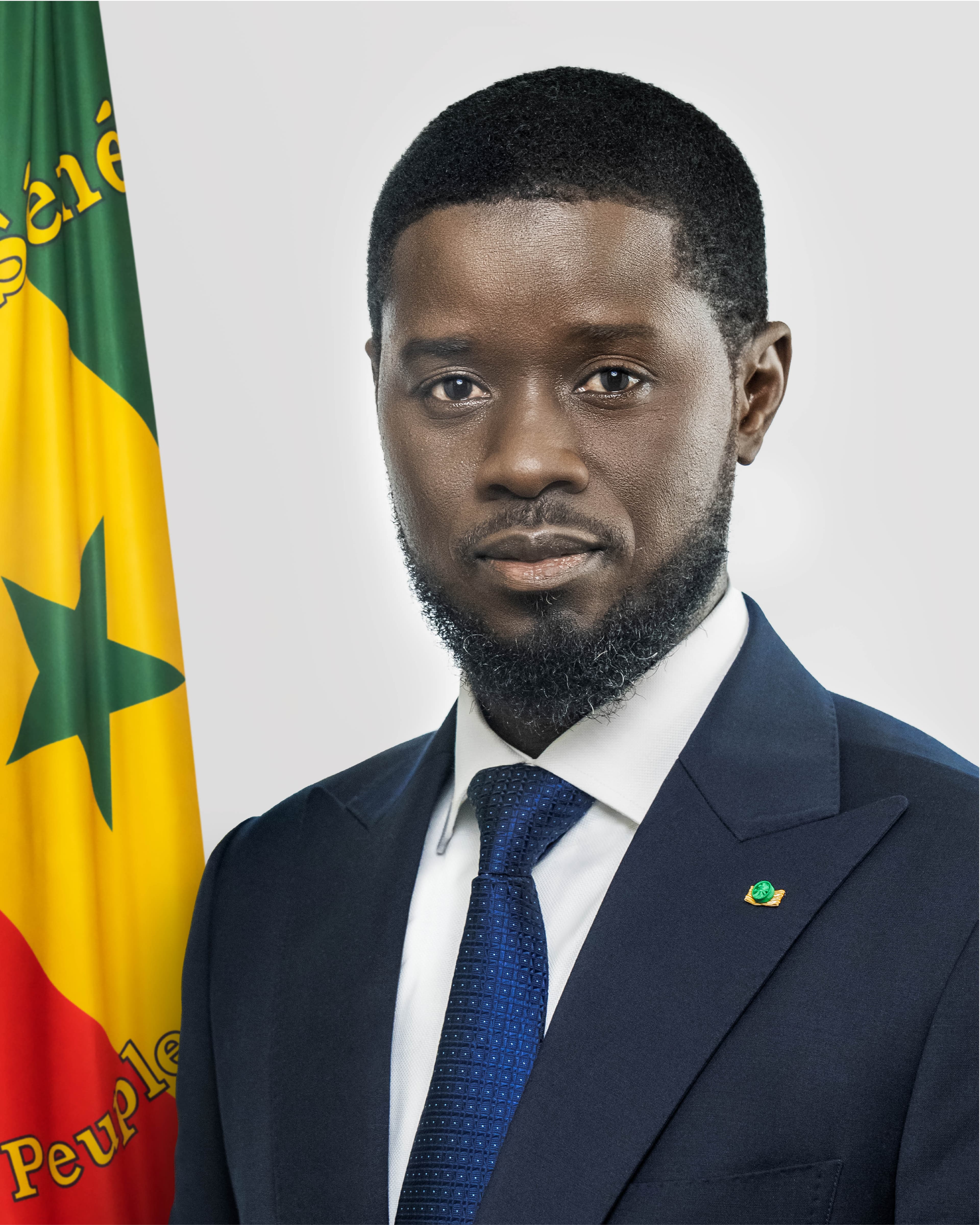
President of Senegal
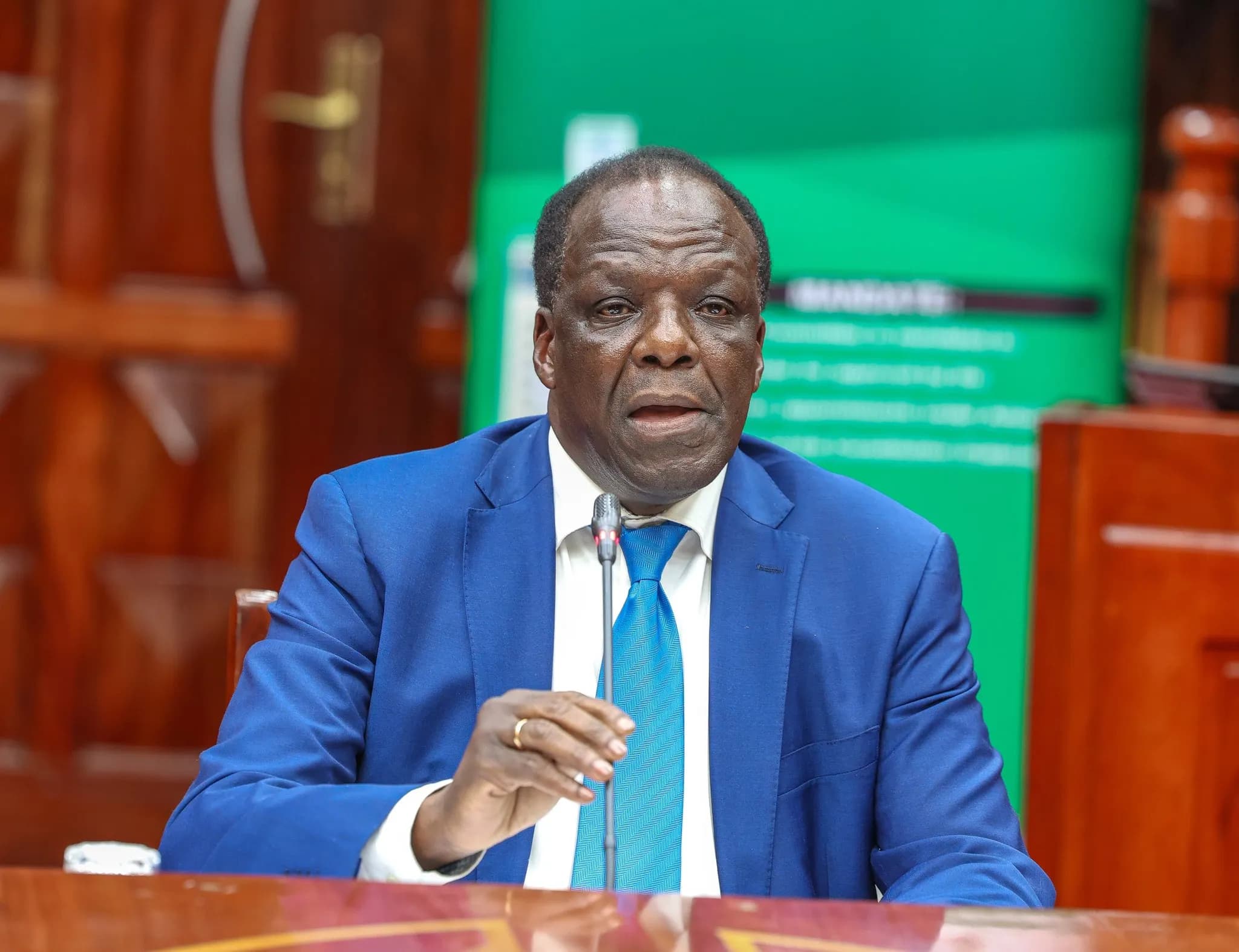
Cabinet Secretary for Cooperatives and MSME Development
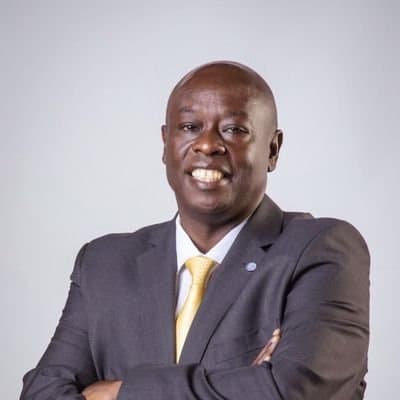
Deputy President of Kenya (2022–2024)

Entrepreneur & Activist
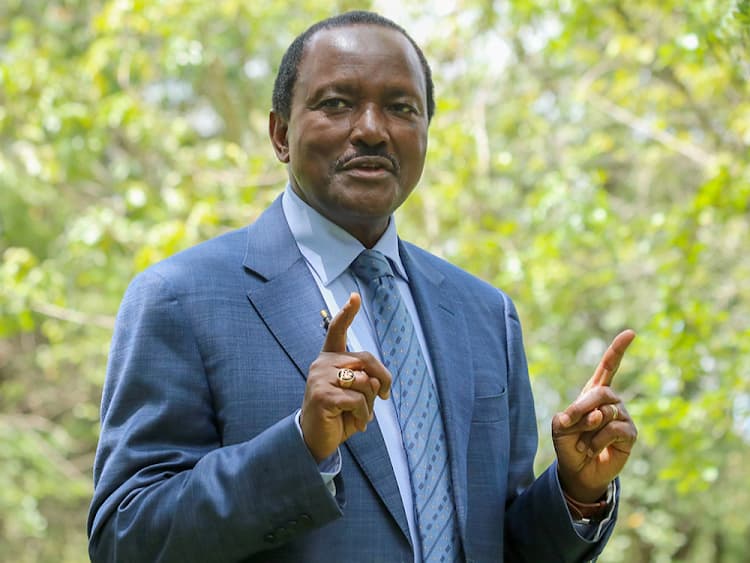
10th Vice President of Kenya (2008–2013)
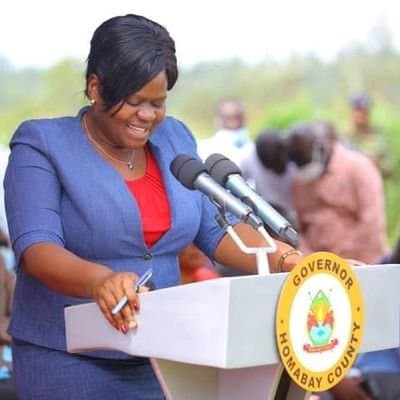
Governor of Homa Bay County
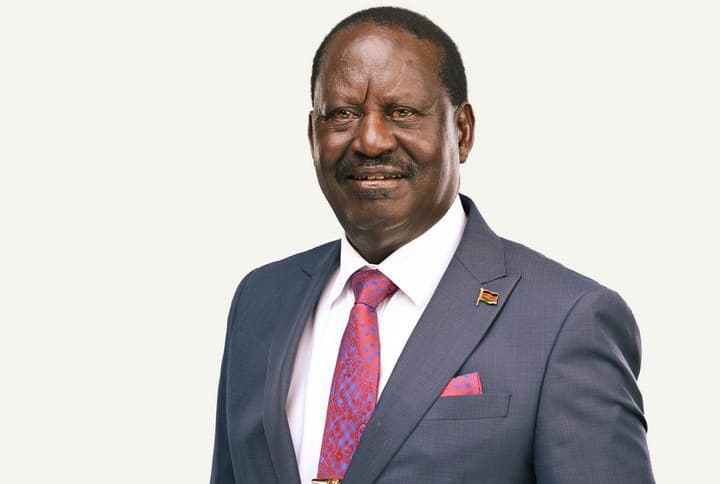
Leader of the Opposition
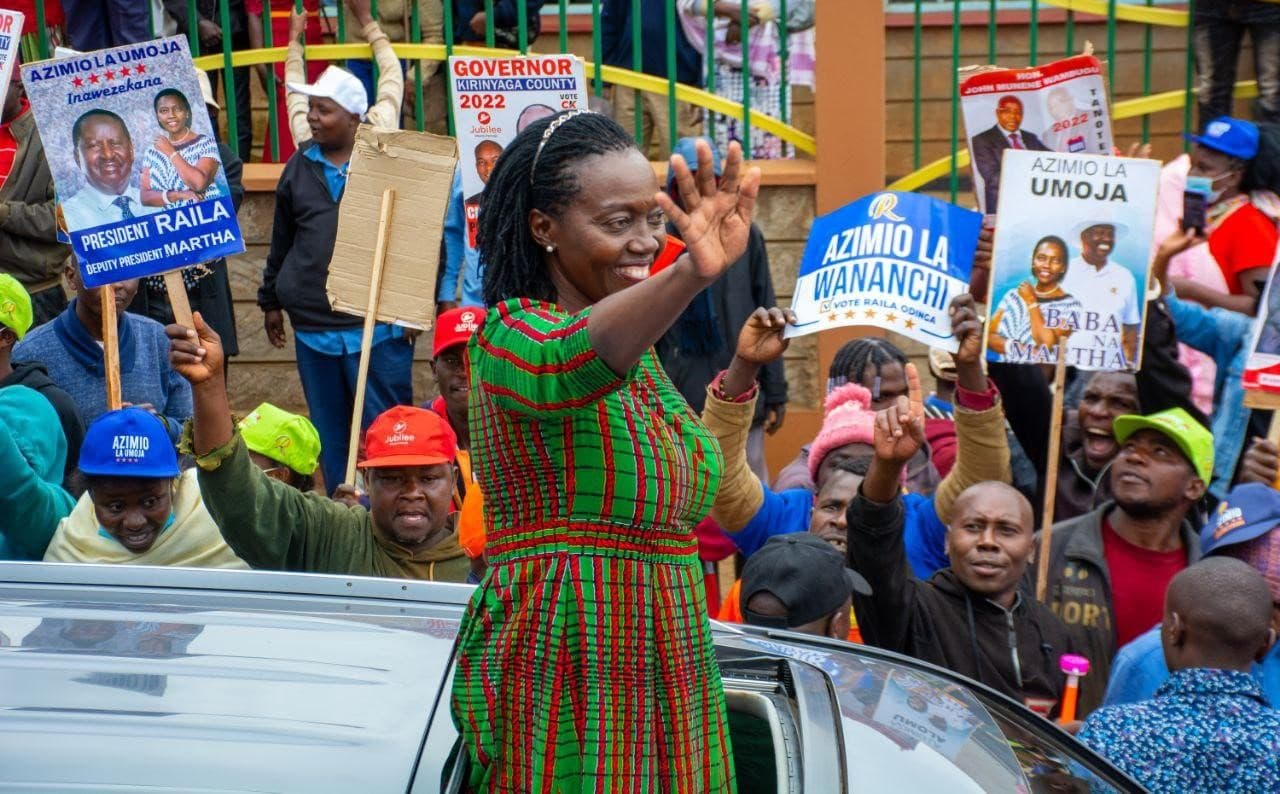
Party Leader, NARC-Kenya